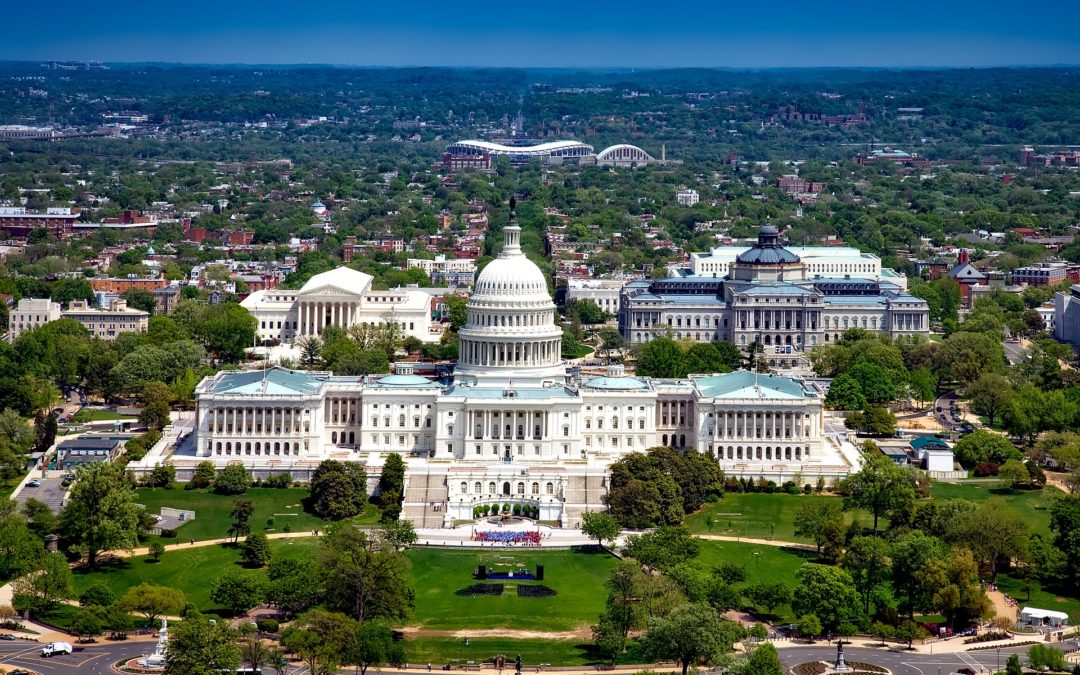By David Griffith, LGBT Elder Initiative
From the Philadelphia Gay News
With the chaos in Washington and a new presidential election starting to take shape, we hear a lot about different social issues and policy proposals. One that has not received much attention, despite its significance and current relevance, is the Older Americans Act and the provision of services to older adults across the country. The next few months are of great importance to the Older Americans Act as its current authorization is set to expire in the fall.
The Older Americans Act (OAA) is the federal legislation that provides the overall framework for the delivery of aging services nationwide. It was first passed in 1965 as part of President Lyndon B. Johnson’s “Great Society” reforms. The OAA developed the structure for the aging network through the establishment of a Federal Administration on Aging. Today, this structure includes 56 state and territorial units on aging and more than 600 Area Agencies on Aging (AAAs).
The OAA directly funds many of the services delivered by the county-level Area Agencies on Aging that help older adults to age in place in their homes and communities, rather than in nursing homes or other institutional settings. This year, approximately 11 million older adults will receive direct assistance from programs provided under the OAA. These services include home-delivered meals through programs like Meals on Wheels, caregiver support programs, transportation assistance, preventative health programming, employment resources, the long-term care ombudsman program, and funding for senior centers.
The OAA requires reauthorization every few years, providing opportunity to update the legislation to better address current needs. The OAA was most recently reauthorized in 2016, renewing the Act for three years. The current reauthorization will expire on September 30th, 2019.
Unfortunately, this reauthorization is not always a seamless process as it most often requires the bi-partisan support of Congress. Funding for OAA programs can still be dispersed after the current authorization expires, but reauthorization is necessary to adjust funding levels for inflation or to make any updates to the legislation. Many supporters are hopeful that the OAA can be reauthorized before it expires in the fall. Yet, in today’s political climate, it is unlikely that there will be any significant changes that address the growing needs of the older adult population.
The current OAA funding leaves many needs unmet, as reauthorizations have failed to account for the growth of the older adult population. According to a recent analysis by AARP’s Public Policy Institute, annual funding has increased 22% since 2001. Yet, the size of the U.S. population over age 60 has grown by 63% over that same time frame!
Much greater funding is needed for the OAA to keep pace with the demographic changes happening today and the aging of the Baby Boomer generation. Keeping funding at its previous levels will lead to a shortage of available services for elders living in the community and contribute to more people having to rely on emergency or institutional care.
Another update to the OAA that is sorely needed is to better address the growing diversity of the older adult population, including the LGBTQ community. The OAA directs states to target resources and services to populations of “greatest social and economic need,” including low-income individuals, racial and ethnic minorities, older adults residing in rural areas, frail individuals, and older adults whose primary language is not English. Yet, LGBTQ older adults have not been included in this category of individuals experiencing social and economic need.
Given the health, social, and economic disparities experienced by LGBT older adults, this population needs to be identified as a population of greatest social and economic under the OAA. This designation would put in place the first-ever requirement for states to develop plans for how they target resources and services to LGBTQ populations.
Proposals to make this change have already been introduced. In April, Senator Bob Casey (D-PA) joined with Senator Michael Bennet (D-CO) and Senator Lisa Murkowski (R-AK) to introduce the Inclusive Aging Act to address many of the unique needs of LGBTQ older adults. Included in this legislation would be designating LGBT older adults as a population of greatest social need under the OAA to target services to meet the needs of LGBT elders.
Passing the Inclusive Aging Act as standalone legislation or addressing LGBTQ aging issues as part of the OAA reauthorization may be an uphill battle given the current administration. Still, updating the OAA to address the needs of LGBTQ older adults will be an area requiring ongoing advocacy at the federal level.

